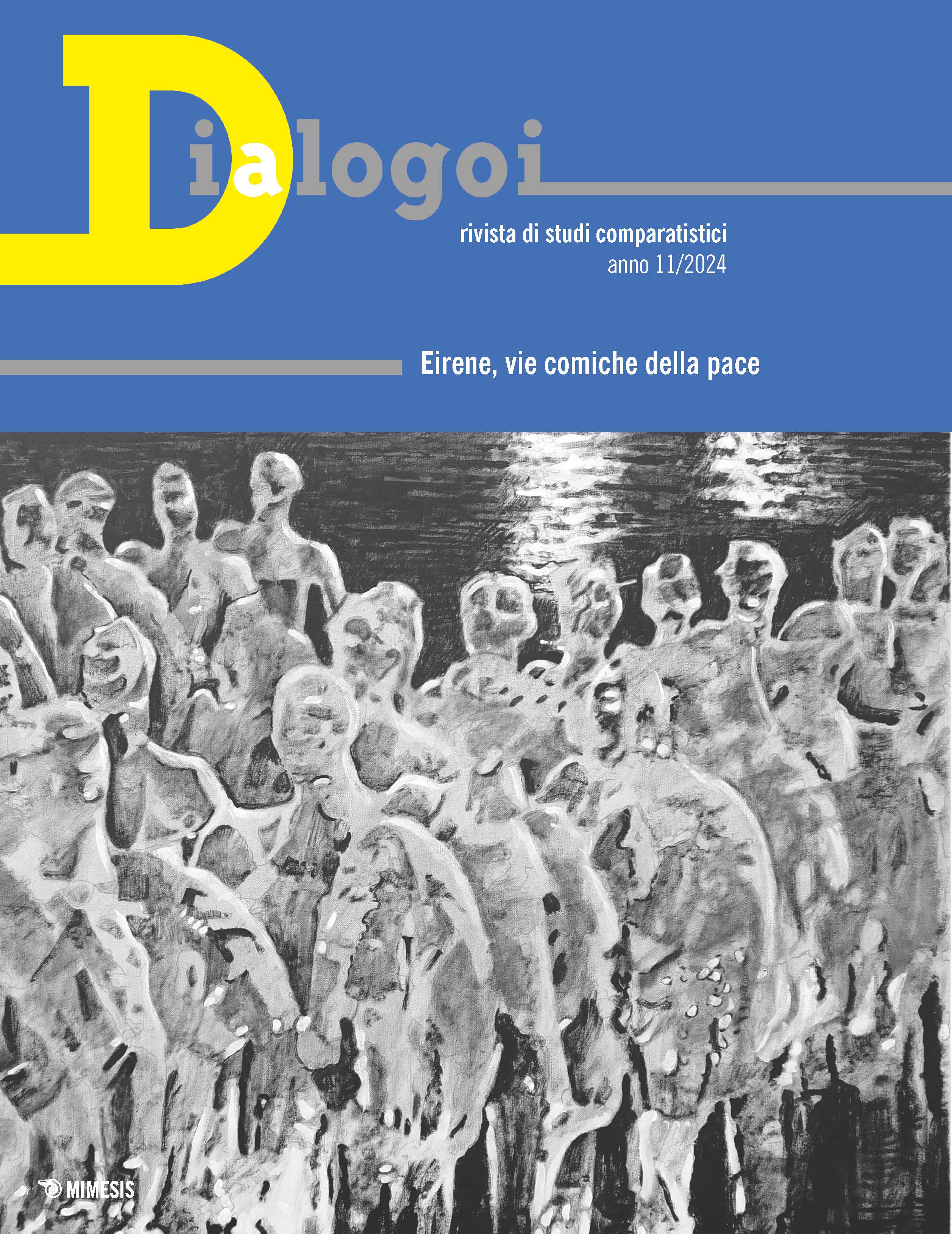Abstract
A partir de l’anàlisi del poema The Silent Slain del nord-americà Archibald MacLeish, l’objectiu del treball és fer una aproximació concreta a l’expressió de la guerra en la poesia occidental del segle XX i a l’ús del passat literari heroic medieval, de la seva presentificació. Es combinen dues perspectives crítiques: els discursos sobre l’èpica i el seu component realístic (György Lukács, Emil Staiger i Erich Auerbach), i l’anàlisi de les sensacions i la fenomenologia que ha buscat la veracitat en l’expressió del real. El treball té present Marià Manent, el traductor més destacat de MacLeish al català, així com les diferents lectures que el poeta català va fer de l’americà, les seves coincidències i les seves divergències en relació a la concreció de la imatge. Finalment, es proposa una lectura figural, tal com va apuntar Auerbach, de The Silent Slain, contextualitzada en un temps orientat i marcat per la guerra.

